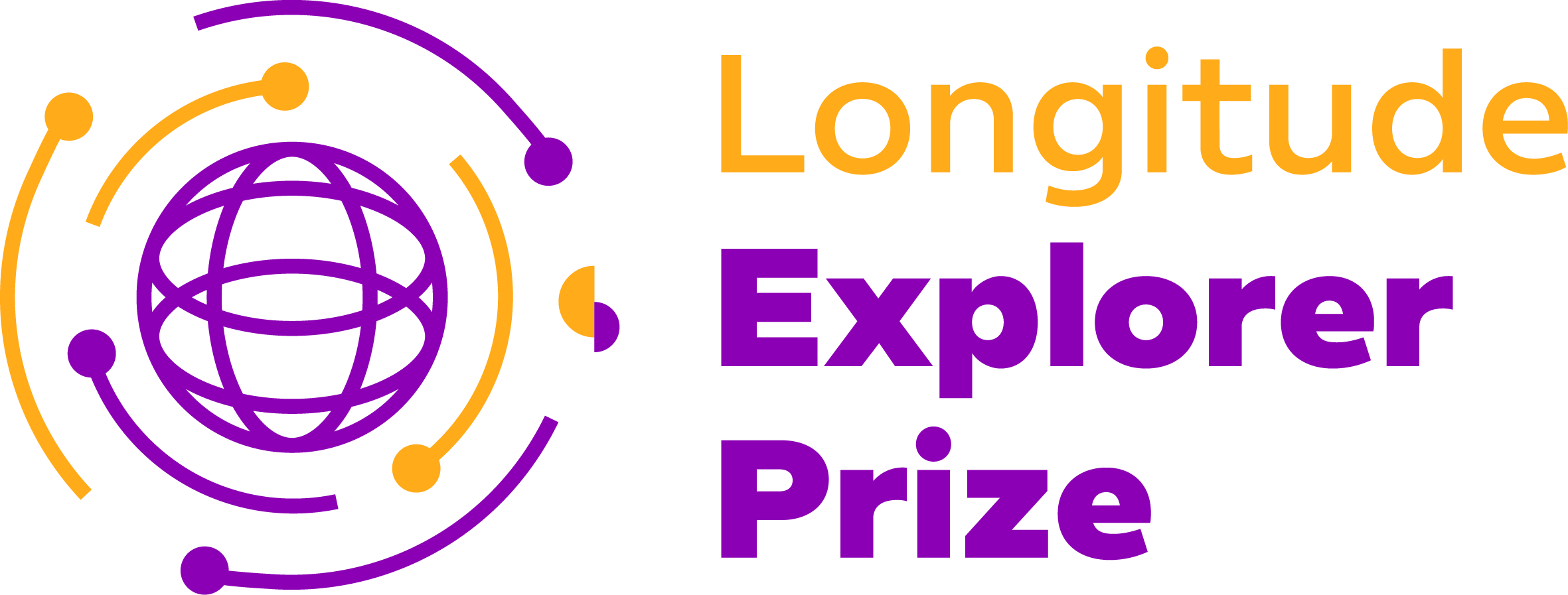With great pleasure, we are announcing the winner and runners up of the Longitude Explorer Prize 2017!
Run by innovation foundation Nesta and supported by IBM, the Longitude Explorer Prize 2017 set out to challenge school pupils to use the Internet of Things (IoT) – devices connected via the internet – to tackle a health issue.
200 young people from around the UK submitted over 60 ideas and in April ten finalists were selected to build prototypes of their ideas and write a strategy for bringing their product to market, including market research, product design, target audience and a marketing plan.
Finalists were given access to resources including: IBM Watson and IBM BlueMix – artificial data programmes enabling young people to create working prototypes of their apps, Digital Catapult’s Things Connected Network – a support programme to enable teams to develop exciting and novel IoT products and services, and MultiTech GWs and SODAQ board – hardware to collect data with bespoke technical support from Digital Catapult.
And the winner is…
Octoptix, a prototype that helps people with Autistic Spectrum Disorder to communicate, won a £10,000 prize at the award event on 13 July 2017. Pupils from Southlands School, Lymington spent a few months developing a wearable that changes colour to reflect the emotions of its owner, based on a number of sensors that measure stress, heart rate, and speech and tone emotion. The team believes it will help people with Autistic Spectrum Disorder to better communicate their emotions and also improve their ability to read others’ emotions.
At the award event all ten finalist teams pitched their idea to the judging panel. The judges selected the winner based on prize criteria that included innovation, data use and real world application. The judging panel included:
- Andy Stanford-Clark, Chief Technology Officer for IBM UK and Ireland;
- Caroline Gorski, Head of IoT and Digital Manufacturing at Digital Catapult;
- Jonny Vroom, Innovation Lead – IoT & Distributed Ledger at Innovate UK;
- Christina Cornwell, Director at Nesta’s Health Lab;
- Tris Dyson, Director of Nesta’s Challenge Prize Centre
The judges were impressed by the quality of all prototypes and presentations, noting the creativity, attention to detail and hard work each team put into completing their pitches.
The judging panel was originally tasked to select one winner and two runners up but due to the exceptionally high quality of all the presentations, the panel selected an additional runner up!
Runner up: Lemontime, Warwick school
By using the original idea of combining fitness with gaming, the team has created a web app and compatible device that gives users real life rewards for doing fitness. The rewards are aimed at gamers and would include: in-game currency, paid apps for free and vouchers. The team believes that gaming and fitness should not be isolated from each other but both should be encouraged to work together in harmony.
Runner up: See02, Ursuline Academy Ilford
SeeO2 is a wearable wristband that detects the amount of pollution in the air around the user. It links to an app on the phone, where people can view the statistics and enter their start and end destination. The app will then calculate the safest, cleanest air quality route. The SeeO2 is aims to protect people from dangerously high pollution levels.
Runner up: Soothe – Panic Attack System, Bodmin College
Soothe is a system to help people who suffer from panic attacks. A wristband that monitors a person’s stress levels will trigger a number of useful calming measures to help the user focus on their breathing, and calm down. The application could potentially help many people, but the team’s research showed that war veterans suffering from post-traumatic stress disorder might be interested in this solution. Working with a local charity that supports veterans, the team has found that many ex-soldiers suffer with the issue in silence but expressed interest in something subtle that isn’t a medication and which could help them manage their mental health.
We’d like to congratulate the awardees and wish them all success in developing their products in the future.
Watch this space for Longitude Explorer Prize 2018 updates!
The first Longitude Explorer Prize was launched by Nesta in 2014 and focused on geolocation.
